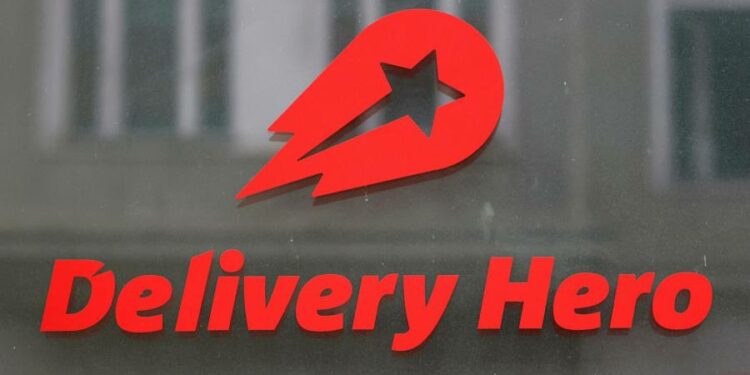Customers ordering food deliveries may have to be more flexible on how long they wait if gig economy costs keep rising, said the head of German food delivery app Delivery Hero.
“If our rider costs [go] up and the customers are not willing to pay for it . . . that is by far the single largest risk for the food delivery segment,” chief executive Niklas Östberg told the Financial Times.
“Many people are not willing to pay another 30 cents per order,” he added, but might be prepared to wait 25 minutes to get their food, while others would pay a euro to get their order delivered more promptly.
But the Swedish executive stressed that the group would only implement such a policy if rising costs were eating into its profit margins.
Östberg’s comments came after the Berlin-based group announced its food delivery business would break even for the first time during the second half of the year, using its adjusted earnings-before-interest-and-tax measure.
The forecast by the 10-year-old company comes more than a year after Uber Eats, also using an adjusted measure, said its restaurant delivery service had turned profitable on a quarterly basis.
Delivery Hero, which has operations in Asia, Europe, Latin America and the Middle East, has been under pressure from investors to reduce the amount spent on its rapid expansion. Last month, the company withdrew from Germany for the second time citing unsustainable costs.
Shares in the group, which is listed on Germany’s Dax index, have fallen by more than a third over the past year, despite a lockdown-induced boom in orders in many of its major markets.
A shortage of riders and increased competition during the pandemic brought down profit margins in the sector as a whole, and forced Delivery Hero to “spend hundreds of millions in quick commerce” in order to keep pace with new entrants such as Gorillas and Flink, Östberg said.
Last year the company, which spent $4bn on South Korea’s Woowa among other acquisitions, and has also invested in Deliveroo, said it had bought a majority stake in Spanish rival Glovo, which operates in 25 countries.
Once Glovo’s operations are amalgamated into its core food delivery business in the fourth quarter of the year, the unit would generate between zero and €100m, Delivery Hero said on Tuesday. This point would have been reached earlier, Östberg said, had Covid-19 not “forced us to have to double down” and spend more to beat rivals.
The company, which has a long-term profitability target of between 5 and 8 per cent, added that spending in its quick commerce business, which offers deliveries of groceries and household goods, would gradually be reduced from the second half of the year.











